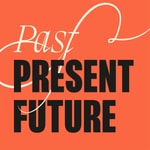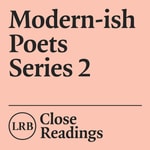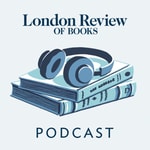Past Present Future – Details, episodes & analysis
Podcast details
Technical and general information from the podcast's RSS feed.

Past Present Future
David Runciman
Frequency: 1 episode/4d. Total Eps: 220

Recent rankings
Latest chart positions across Apple Podcasts and Spotify rankings.
Apple Podcasts
No recent rankings available
Spotify
No recent rankings available
Shared links between episodes and podcasts
Links found in episode descriptions and other podcasts that share them.
See all- https://apple.co/3pJoFPq
447 shares
- https://www.ppfideas.com/newsletters
35 shares
- https://www.ppfideas.com/gifts
24 shares
RSS feed quality and score
Technical evaluation of the podcast's RSS feed quality and structure.
See allScore global : 79%
Publication history
Monthly episode publishing history over the past years.
The History of Bad Ideas: The Marketplace of Ideas
Season 5 · Episode 134
jeudi 21 novembre 2024 • Duration 01:01:38
The History of Bad Ideas: Nobel Prizes
Season 5 · Episode 133
dimanche 17 novembre 2024 • Duration 56:25
The Great Political Films: Mr Smith Goes to Washington
Season 10 · Episode 124
jeudi 17 octobre 2024 • Duration 56:47
History of Ideas 11: Umberto Eco
jeudi 4 janvier 2024 • Duration 50:35
History of Ideas 10: David Foster Wallace
mercredi 3 janvier 2024 • Duration 55:45
History of Ideas 9: Joan Didion
mardi 2 janvier 2024 • Duration 53:46
History of Ideas 8: Susan Sontag
lundi 1 janvier 2024 • Duration 56:37
History of Ideas 7: James Baldwin
dimanche 31 décembre 2023 • Duration 52:19
History of Ideas 6: Simone Weil
samedi 30 décembre 2023 • Duration 54:21
History of Ideas 5: George Orwell
vendredi 29 décembre 2023 • Duration 54:07









